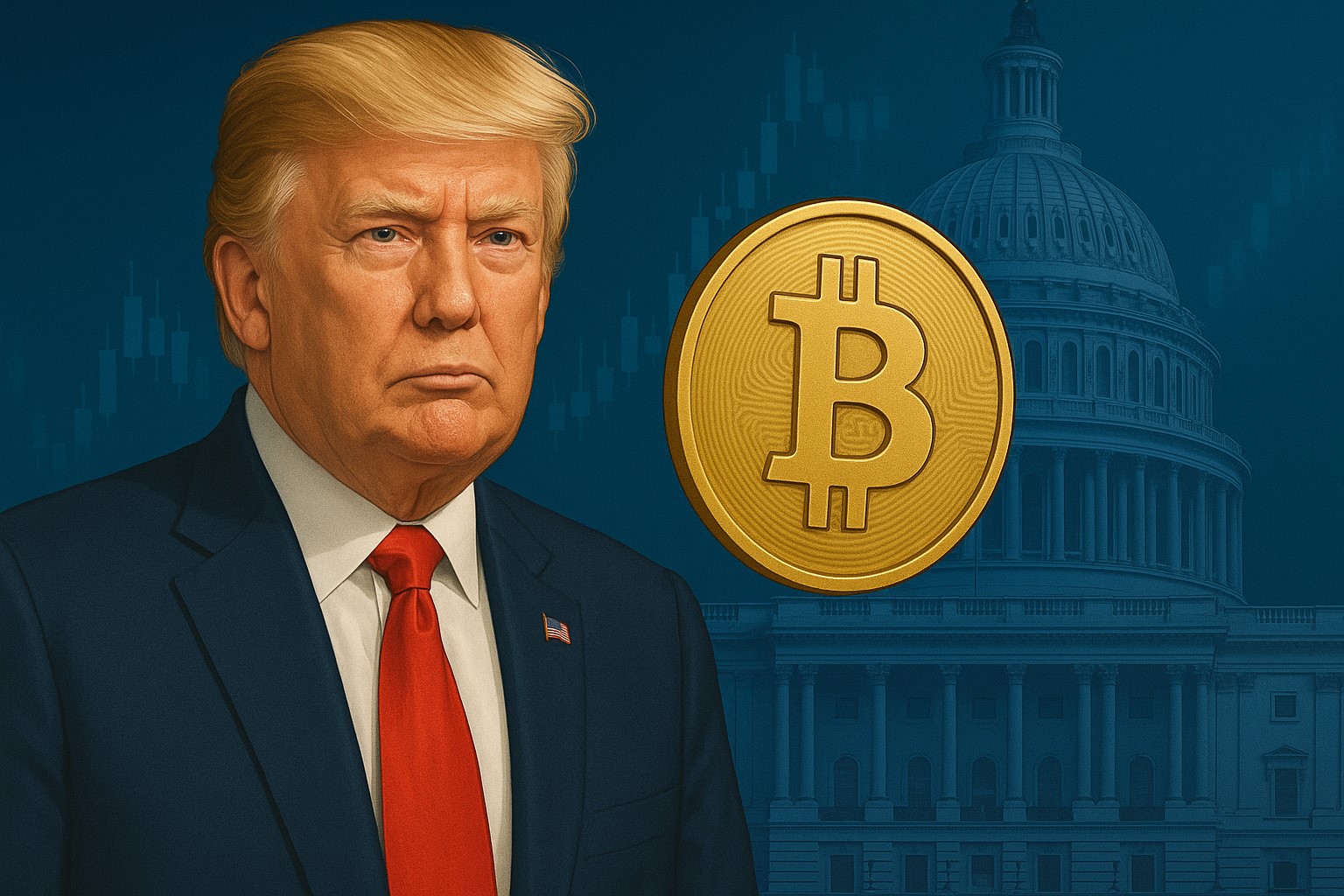A senior Russian Policymaker Calls Upon Moscow to Create ‘National Crypto Bank’, describing it as both a strategic necessity and a financial opportunity. If implemented, this initiative could reshape the governance of Russia’s expanding digital economy. A centralized institution would allow Moscow to regulate transactions more effectively, improve oversight, increase transparency, strengthen revenue collection, and combat fraudulent activity involving cryptocurrencies. The proposal highlights a pivotal point in Russia’s evolving relationship with digital assets, reflecting both domestic priorities and global financial realities.
The Role and Influence of Yevgeny Masharov
The proposal was introduced by Yevgeny Masharov, an influential member of Russia’s Public Chamber commission. The chamber plays an advisory role, reviewing draft legislation and making recommendations to the Kremlin. Given his position, Masharov’s support for a National Crypto Bank carries significant weight in shaping future financial policy. His backing also signals that cryptocurrency is no longer confined to investors and tech circles but is now firmly embedded in high-level policy discussions.
Economic Benefits: Bringing Crypto Into the Legal System
Masharov argued that a National Crypto Bank could channel “hundreds of billions of rubles” in crypto transactions into Russia’s formal economy. At present, a substantial portion of these flows occur outside official oversight. By legitimizing and supervising them, the government could capture new revenue, broaden the tax base, and enhance fiscal stability. Just as importantly, it would strengthen public trust, ensuring that businesses and individuals know their digital transactions are both recognized and safeguarded. Such integration would represent one of the most ambitious efforts worldwide to merge crypto into a national economy.
Tackling Fraud and Strengthening Digital Security
Masharov also emphasized the importance of fraud prevention. Russia’s digital finance sector faces persistent threats from scams, credit card fraud, and unregulated crypto operations. A state-backed crypto bank, he suggested, would centralize oversight and provide authorities with better tools to identify and prevent suspicious activity. This enhanced monitoring could reinforce consumer protection, strengthen institutional trust, and ensure greater stability in the nation’s digital economy.
Russia’s Broader Digital Finance Strategy
The proposal fits within Russia’s wider trajectory in digital finance:
- Select investors are already permitted to trade cryptocurrencies under pilot legal frameworks.
- Businesses are increasingly turning to crypto, gold, and netting mechanisms to handle cross-border payments and reduce reliance on traditional banks affected by sanctions.
A National Crypto Bank would institutionalize these practices, providing a government-regulated structure that strengthens Russia’s financial resilience and sovereignty in the global digital economy.
Conclusion: Toward a New Financial Era
The call by a Russian Policymaker Calls Upon Moscow to Create ‘National Crypto Bank’ signals a potential turning point for the nation’s economic policy. If realized, the initiative could unify transparency, fiscal growth, fraud prevention, and geopolitical strength into one framework. While challenges such as regulatory design, infrastructure, and international pressure remain, the proposal reflects Russia’s determination to embrace digital finance with greater seriousness. For policymakers, businesses, and citizens alike, the concept of a National Crypto Bank is more than financial innovation—it represents a step toward redefining Russia’s economic future.



